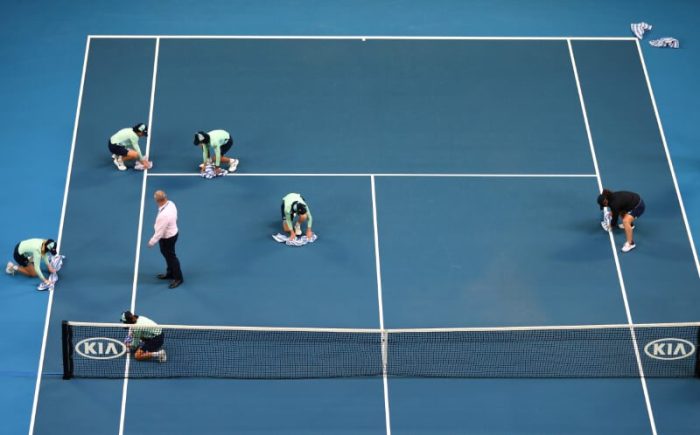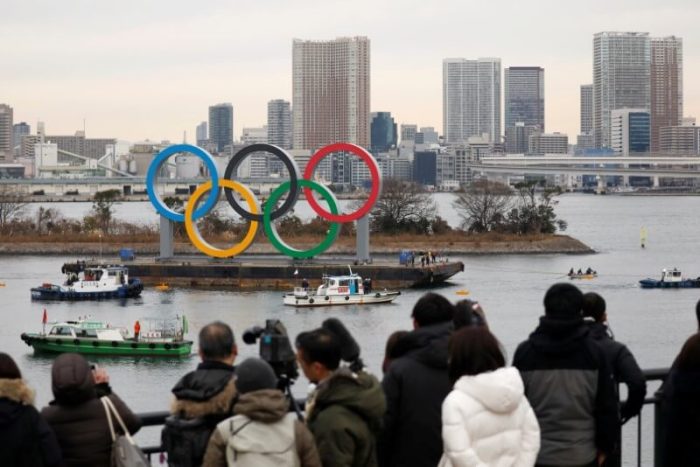By Jonathan Barrett
APIA, Samoa (Reuters) – In a large church hall near the Samoan parliament, 175-kg (386-lb) judo practitioner Derek Sua is being thrown to the mat by his Japanese coach, a black-belt who is just a third his size.
Sua welcomes the training, usually difficult for athletes in Pacific Ocean islands to secure, but now offered free by Japan’s development assistance agency, to help him qualify for the 2020 Olympic Games in Tokyo.
“It’s not easy, because here in the Pacific for us, especially Pacific islanders, we have limited competition,” Sua said. “Because we need to find funding to travel overseas and compete.”
Sua added that he would train in Japan in August with several other Samoans, following an invitation he described as fostering goodwill between the two nations.
But the offer is also part of a wider diplomatic effort in the Pacific by the United States and its allies, including Japan, to counter the growing influence of China, which has ramped up its sports programs in the region.
Sometimes called “soft” or “cultural” diplomacy, such programs can extend beyond sports to language exchanges and the arts, with the aim of advancing foreign policy goals.
Although tiny, the Pacific islands control vast swaths of resource-rich ocean and strategic infrastructure, such as airstrips and ports, provoking interest from China and a counter response from the United States.
Last week, Samoan sports minister Loau Keneti Sio said China had extended an invitation to train a “large contingent” of young athletes in sports, from athletics to badminton and volleyball, later this year.
China had already hosted Samoan athletes ahead of the Olympic-styled Pacific Games, held in Samoa in July, while training chefs and performers for the opening and closing ceremonies, he added.
China has soft power initiatives elsewhere in the Pacific, which include exposing regional table tennis players to the country’s world-class coaches and training regimes.
The judo diplomacy complements similar initiatives from regional allies Australia and New Zealand, which actively use rugby union and league to forge strong ties with Pacific islands, where the football codes are dominant.
Originating in Japan, judo makes use of grip fighting and throws that have proved to be effective techniques for mixed martial art competitions.
On the mats in Samoa, Sua’s coach, Kohei Kamibayashi, said judo was a sport whose most powerful practitioners did not always win the battle.
The Japanese coach said his star Samoan pupil, who competed at the last Olympics in Brazil, must prepare to face bigger opponents in his 100-kg (221-lb) -plus category, where there are no weight limits.
Kamibayashi said he was helping Sua perfect his use of a technique called “seoi-nage”, effective for throwing bigger opponents.
While Samoans were naturally built for a sport like judo, it was a very demanding martial art that was still struggling to win converts on the island, Sua added.
“It can be another dominant sport here in Samoa if a lot of people get interested,” he said.
(Reporting by Jonathan Barrett in APIA, Samoa; Editing by Clarence Fernandez)


















